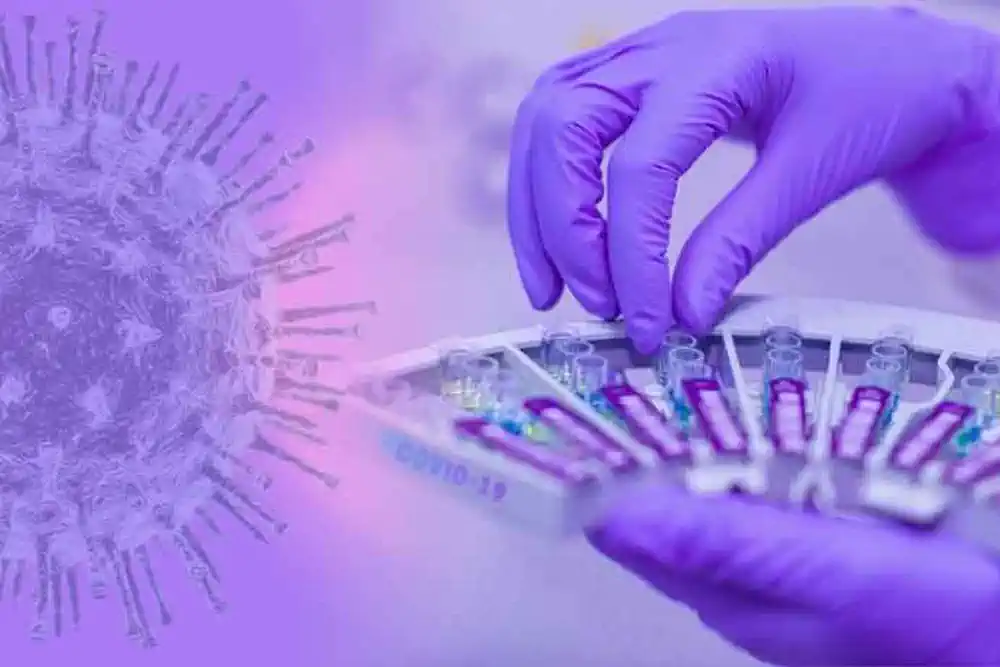Small Business and Health Support in Response To COVID-19
Covid-19 crisis has brought many challenges to women, including on their small businesses. Since women are one of the most vulnerable groups to the infection, it is important to give them the support they need. Support can be in the form of loans, grants, or any other form of financial support. Single moms are facing even more challenges when it comes to the COVID-19 crisis. There are funding options for women’s small businesses that have been affected by the pandemic.
Funding Options
Apart from the normal SBA (Small Business Administration) funding programs, the CARES Act established other temporary programs to address the impact caused by COVID-19 on women’s small businesses. The programs include:
Economic Injury Disaster Loans (EIDL)
This loan is specifically designed to provide economic relief to women-owned small businesses that are experiencing temporary loss of revenue during the COVID-19 crisis.
This loan can be used to cover a wide array of working capital as well as a business’s daily operating expenses such as fixed debt payments, health care benefits, rent, and utilities. If you think you are eligible to apply for EIDL, please visit https://covid19relief.sba.gov/. All women-small business owners are eligible to apply for a low-interest loan due to the COVID-19 outbreak. Visit https://www.sba.gov/funding-programs/loans/coronavirus-relief-options/economic-injury-disaster-loans for more information.
SBA Express Bridge Loans
Do you have a business relationship with an SBA Express Lender? Such women-owned small businesses can access up to $25,000.
These loans can provide economic support you may need to run your daily business operations, and help you overcome the temporary loss of revenue. It can also help you bridge the gap while applying for EIDL. Suppose you applied for the SBA EIDL loan and you are on the waiting process you can qualify for a quick fund from Express Bridge Loan if need be. Visit https://www.sba.gov/funding-programs/loans/coronavirus-relief-options/sba-express-bridge-loans for more information.
Paycheck Protection Program
This loan program helps women-owned small businesses to keep their workforce employed amid the COVID-19 pandemic. The loan is fully forgiven when the businesses use the fund for payroll costs, interest on mortgages, rent, and utilities. Visit https://www.sba.gov/funding-programs/loans/coronavirus-relief-options/paycheck-protection-program.
SBA Debt Relief
The SBA debt relief program provides a financial reprieve to women-owned small businesses during this pandemic. Visit https://www.sba.gov/funding-programs/loans/coronavirus-relief-options/sba-debt-relief for more information.
Unemployment Insurance Relief During Covid-19 Outbreak
President Trump signed into law, the CARES Act on March 27, 2020, which gives all States the option of extending unemployment compensation to single mom-workers who have been affected by COVID-19 pandemic, including those that are ordinarily eligible for unemployment benefits. How do you apply? To receive unemployment insurance benefits, file a claim with the unemployment insurance program in your location (state). Depending on your state of residence, your claims may be filed in person, by telephone, or online.
- Contact your state’s unemployment insurance program at https://www.dol.gov/coronavirus/unemployment-insurance#find-state-unemployment-insurance-contacts as soon as you become unemployed.
- File your claim in your current state of residence.
- You will need to provide information such as your addresses and dates of your former employment when you file your claim. Ensure you provide accurate information if you don’t want your claim to delay.
- To start your claim, find the contact information for your state’s unemployment office at https://www.dol.gov/coronavirus/unemployment-insurance#find-state-unemployment-insurance-contacts.
For more information, https://www.dol.gov/coronavirus/unemployment-insurance.
Testing for COVID-19
Single moms and women, in general, are among the most vulnerable groups to COVID-19. For this reason, it is vital to understand the test results and what actions you need to take should you test positive.
There are two kinds of tests done for COVID-19. They include; viral and antibody tests. A viral test lets you know whether you have any current infection. On the other hand, an antibody test shows you if you have had any past infection. Since it takes a period of between 1 to 3 weeks for your body to produce antibodies after suffering from an infection, the antibody test can also show if you have any current infection. If your body has developed antibodies to the coronavirus, it may protect you from getting re-infected with the infection. Although, this is not a guarantee that you are fully protected because we don’t know how much protection the antibodies might provide or for how long the protection may last.
How to Get Tested For COVID-19 Infection
Viral tests are conducted to confirm if you are coronavirus positive. Most people develop a mild illness, and they can recover at home without having to go through medical treatment. If your symptoms are getting worse, contact your healthcare provider for help.
The state and your local health departments are the ones in charge of making decisions about COVID-19 testing. You can visit the state health department’s website at https://www.cdc.gov/publichealthgateway/healthdirectories/healthdepartments.html or local health department’s website at https://www.cdc.gov/publichealthgateway/healthdirectories/healthdepartments.html for more and current information on testing.
If you are experiencing symptoms related to COVID-19 and you want to be tested for the virus, please call your healthcare provider first.
If you have the symptoms of COVID-19, and you are not tested, staying home is the best option. Visit https://www.cdc.gov/coronavirus/2019-ncov/symptoms-testing/testing.html for more information.




